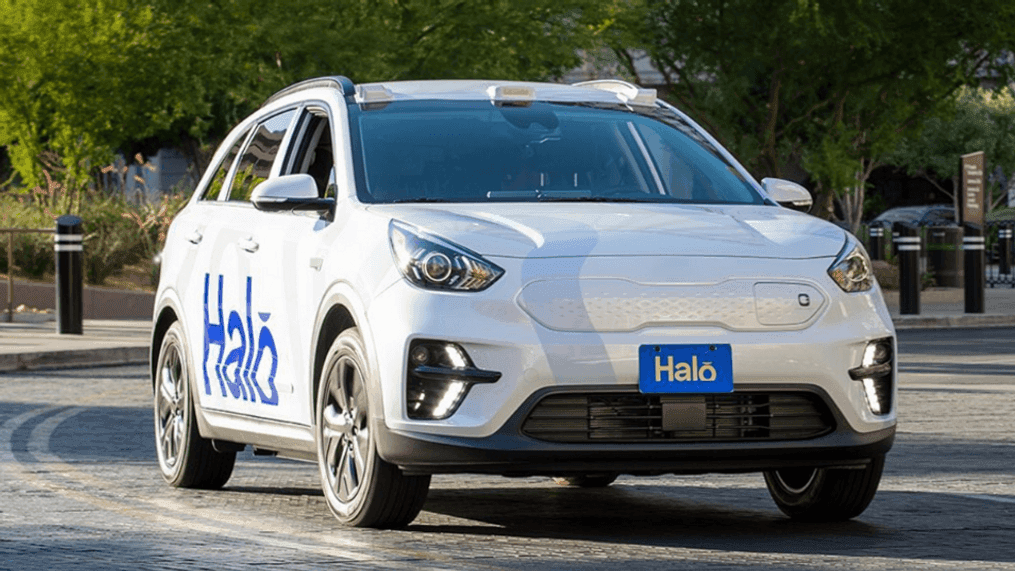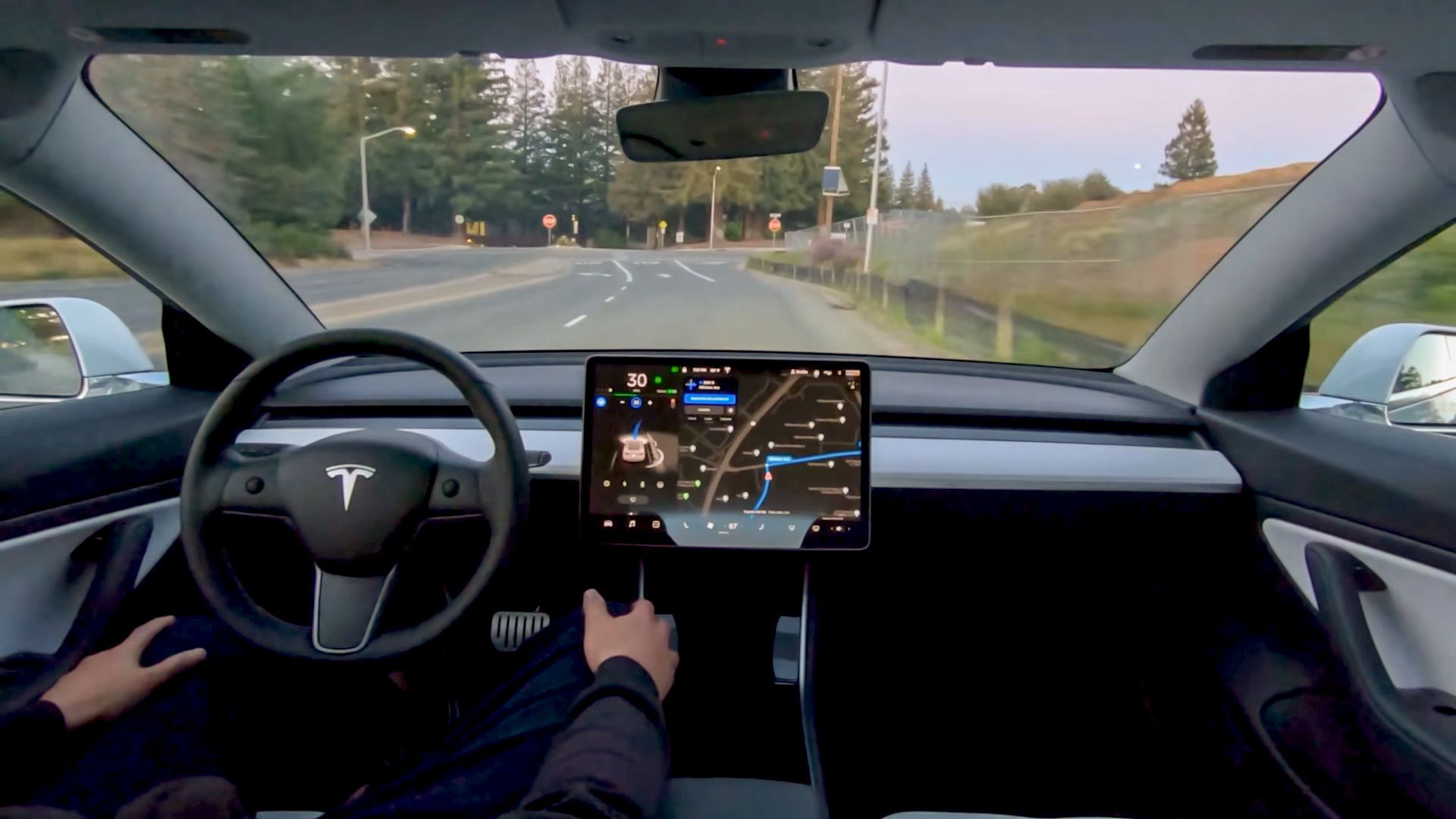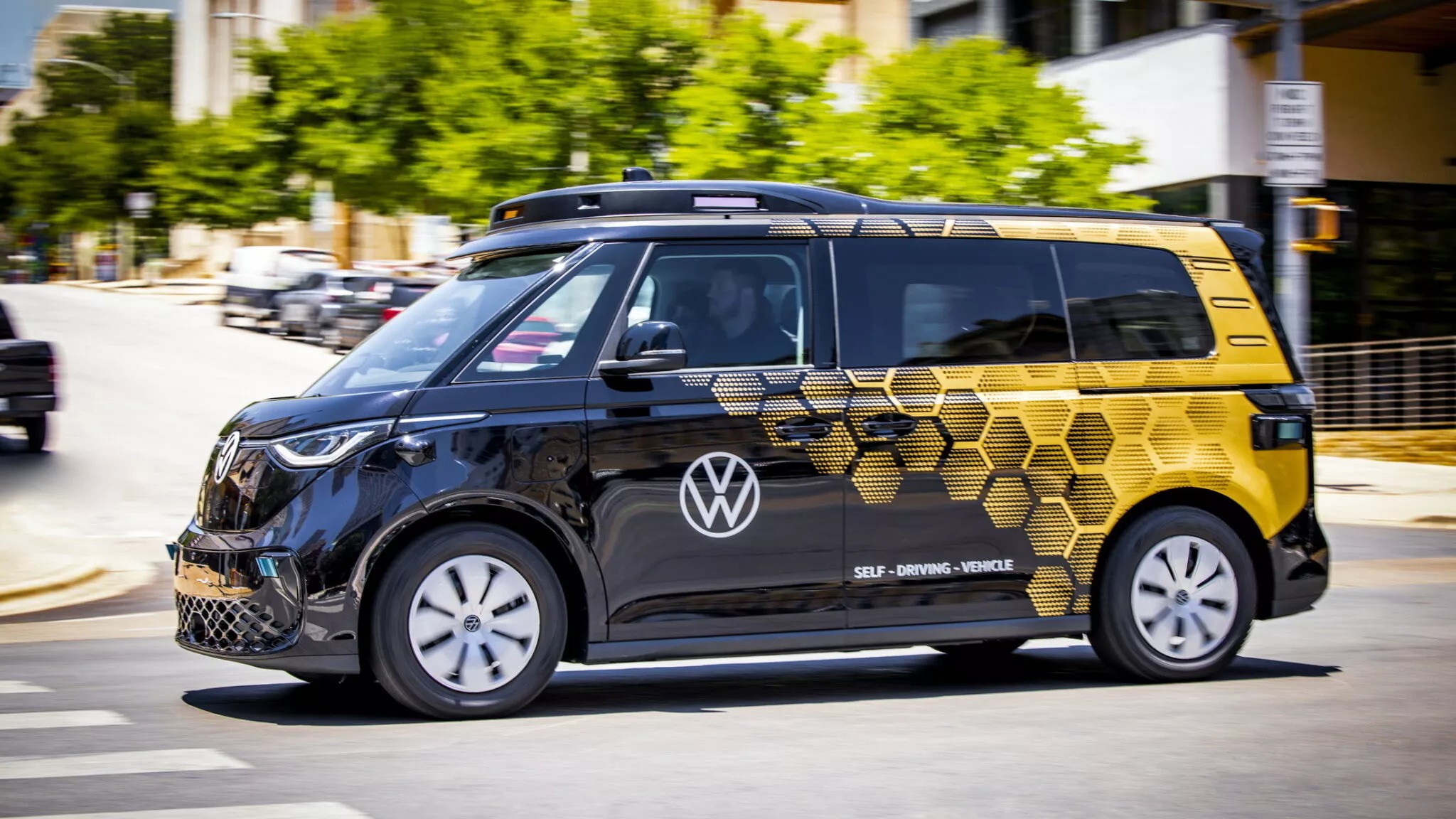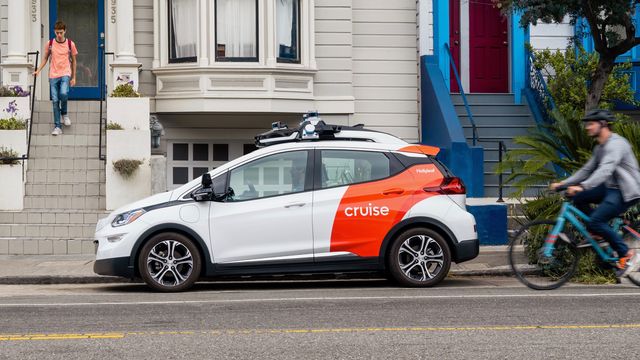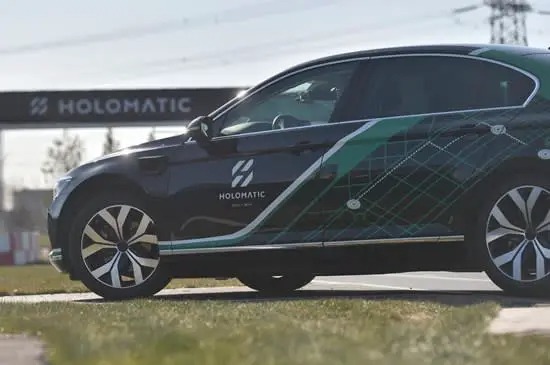Halo.Car, a startup revolutionizing the car rental industry with its remote operator model, has unveiled driverless operations in Las Vegas. This innovative approach to driverless operations sets Halo apart from autonomous vehicle companies like Cruise or Waymo, as their vehicles are not self-driving. Instead, Halo’s fleet is equipped with a comprehensive suite of cameras, modems, antennas, and other components that transmit data to remote pilots situated at the Halo operations center. These remote pilots utilize the streamed video and sensor data to navigate the vehicles from a distance. Once a remote driver completes a car delivery, they hand over control of the vehicle to the customer and proceed to the next vehicle awaiting remote delivery or collection.
For the past year, Halo has been delivering vehicles to customers in Las Vegas using teleoperation, but with a human driver present in the front seat for safety precautions. Now, Halo has taken a significant leap forward by enabling driverless deliveries, bringing them closer to their vision of economically viable on-demand vehicles. Anand Nandakumar, the founder and CEO of Halo, emphasized the importance of this achievement.
See also: GM’s Cruise Reaches One Million Miles with Fully Driverless Vehicles
However, Halo has not yet reached the stage of positive unit economics. During the initial phase, a remote chase car will accompany the remotely piloted vehicles. The driver of the chase car can intervene and take control if necessary. This chase car also serves as a buffer vehicle to prevent potential rear-end accidents with other road users when the Halo car needs to stop. If the system detects any anomalies, Halo’s cars automatically come to a halt, complying with Nevada’s minimal risk condition for autonomous vehicles, which mandates that vehicles must be capable of stopping if a system malfunction occurs.
Halo intends to evaluate the performance of the current operations and gradually phase out the tail car over the next year, considering different operation zones and times of the day. The company aims to eventually eliminate the need for a tail car based on operational data.
While Halo may be the first company to successfully deliver remote-piloted electric vehicles (EVs) to customers in Las Vegas, it is not the only one attempting such a feat. In December 2022, Arcimoto, known for manufacturing three-wheeled electric Fun Utility Vehicles, partnered with Faction to develop EVs that can be delivered to customers’ hotels through a combination of low-level autonomy and tele-assist technology.
Halo’s announcement follows six months of rigorous internal testing and training, according to Nandakumar. Initially targeting a driverless launch in late 2022, Halo decided to delay to prioritize system safety and ensure minimal disruption to the public. Nandakumar acknowledged the challenges faced by autonomous vehicles in terms of causing traffic disturbances, alluding to incidents involving Cruise and Waymo robotaxis abruptly stopping in traffic.
Connectivity plays a pivotal role in Halo.Car’s business model. The vehicles are remotely piloted using T-Mobile’s 5G network, with AT&T and Verizon serving as backup networks. Halo has developed an algorithm that dynamically selects the strongest network connection at any given time, ensuring reliable, high-quality streaming with low latency.
See also: GM Plans to Equip Future EVs with ChatGPT-Powered Virtual Assistant
Starting from Thursday, Halo’s driverless vehicle deliveries are available in downtown Las Vegas between 8 a.m. and 6 p.m., with plans to expand to additional areas in the city in the coming months. The company’s current fleet of 20 vehicles consists of Chevy Bolt EVs and Kia Niro EVs. Halo intends to augment its fleet to include hundreds of vehicles in Las Vegas before expanding to new cities in 2024.
Founder and CEO Anand Nandakumar expressed his enthusiasm about the company’s transition to driverless deliveries, highlighting its transformative potential. He stated, “Our transition to driverless deliveries marks a significant milestone for us as a company. It proves that our remote-piloting technology is not just innovative, but commercially viable and ready to be scaled up. As we prepare to expand and launch new markets, our mission remains unchanged: to provide affordable, accessible, efficient EV transportation.”
With Halo.Car’s successful launch of driverless operations in Las Vegas, the future of remote-piloted vehicle deliveries takes a step forward, demonstrating the potential of technology-driven solutions in the transportation industry.

